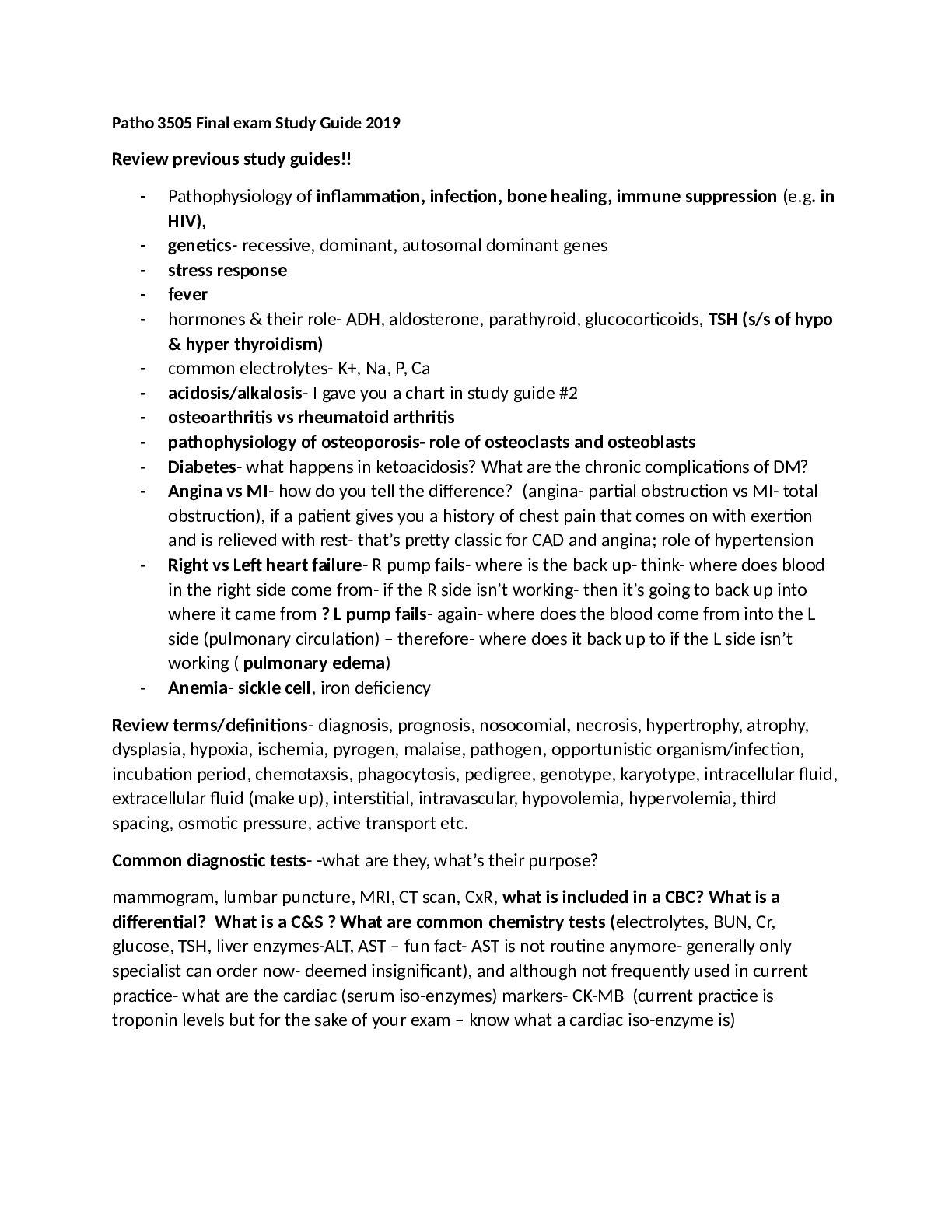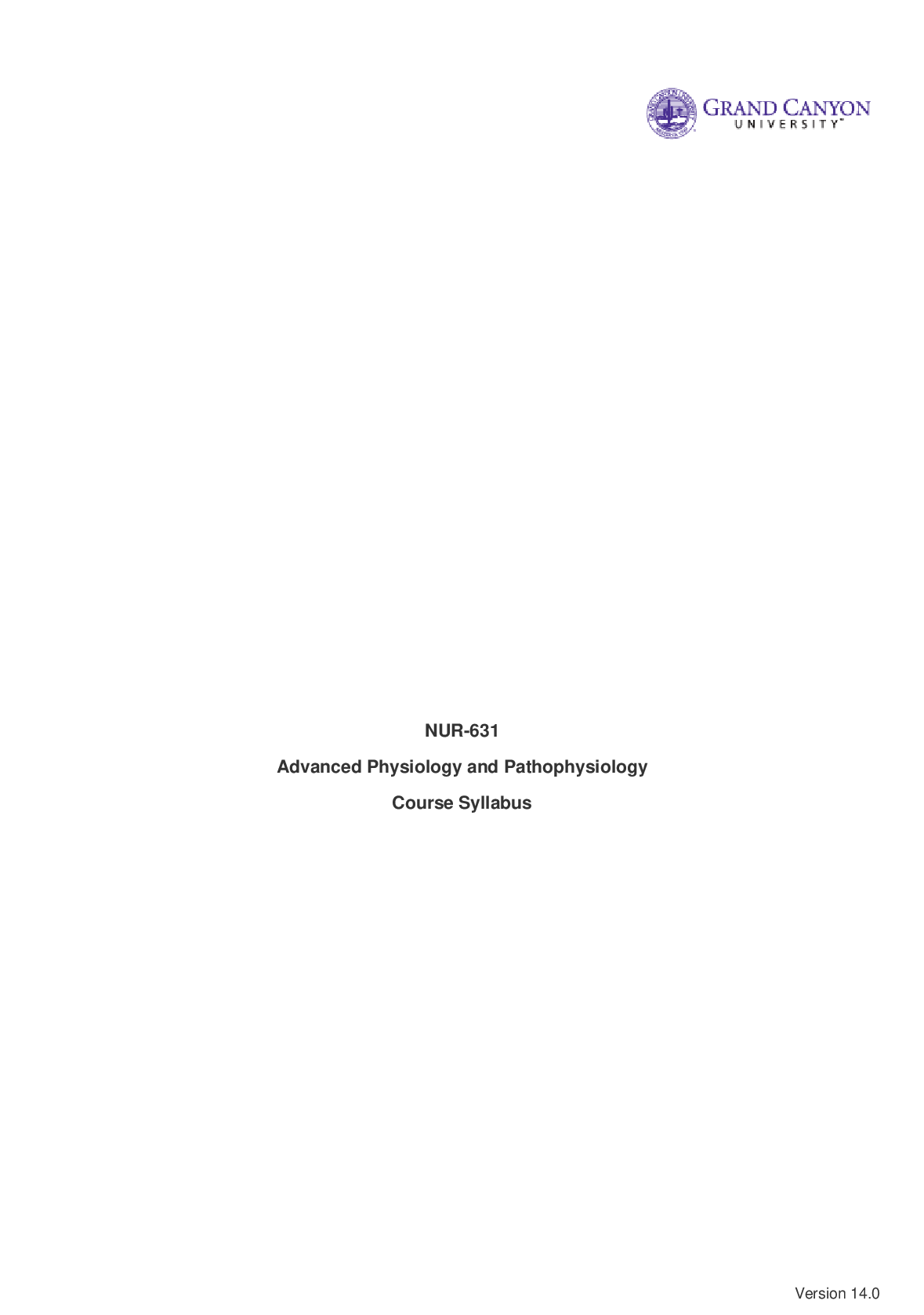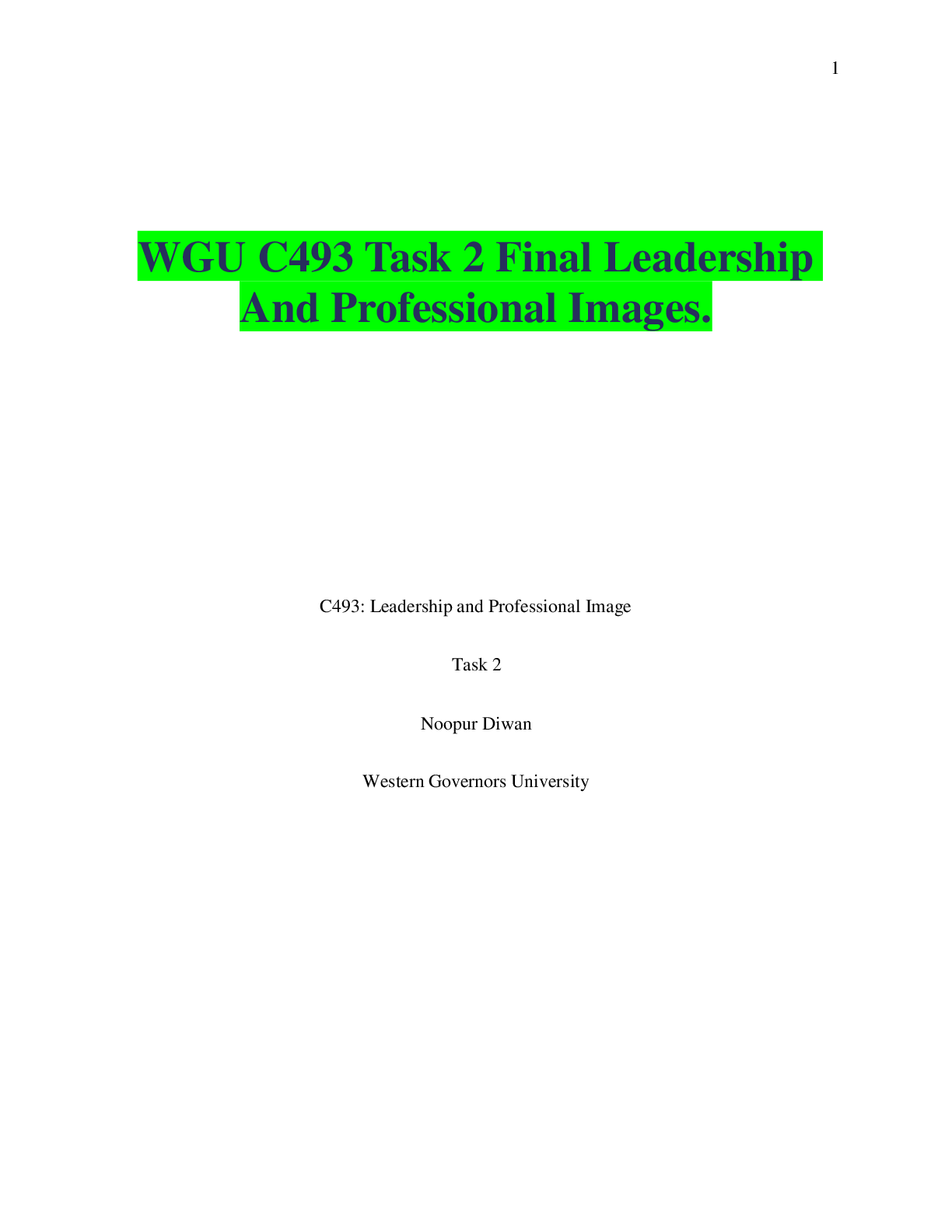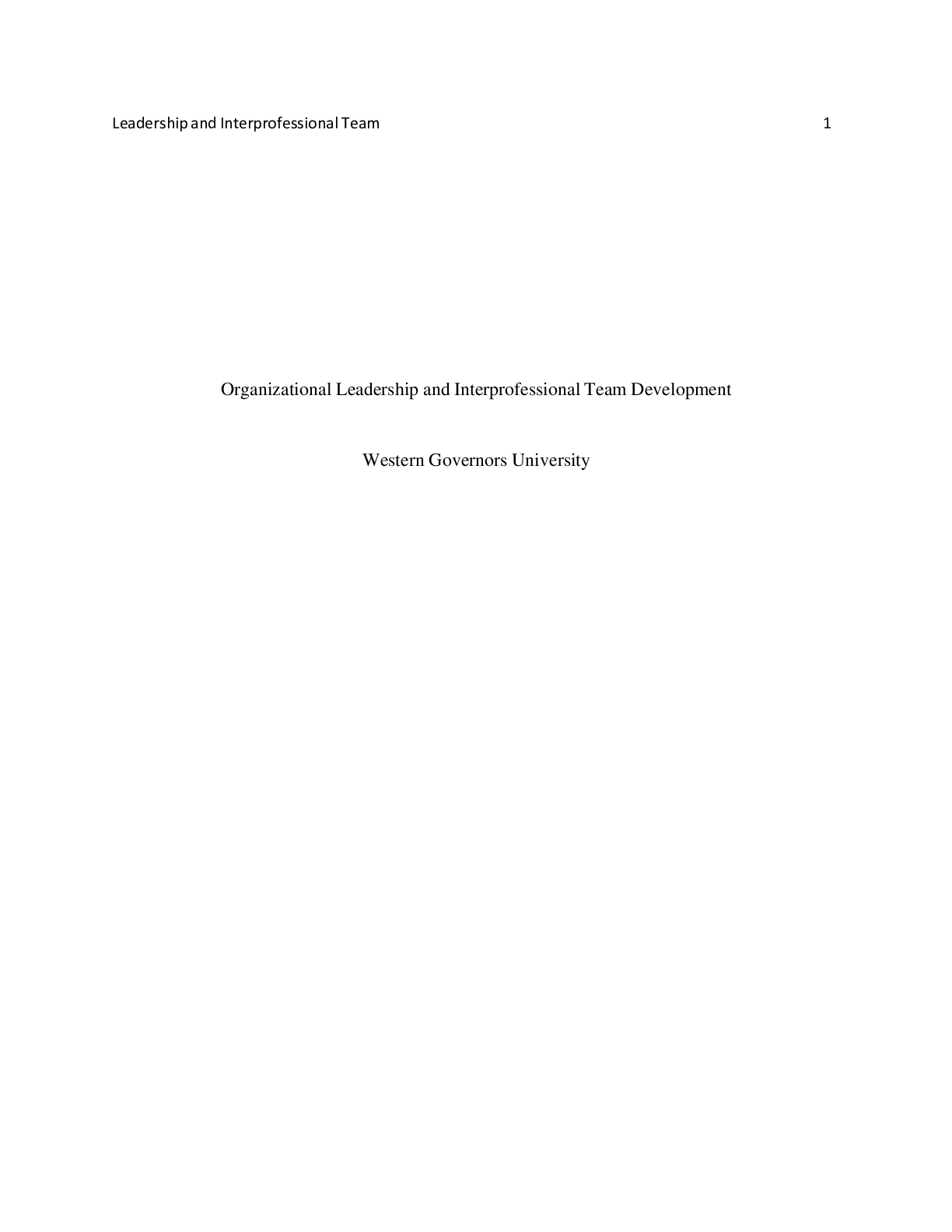Law > STUDY GUIDE > pvl3702 contract super semester mcq Q n A DAWN 2021 Semester 1 Assignment 1 (All)
pvl3702 contract super semester mcq Q n A DAWN 2021 Semester 1 Assignment 1
Document Content and Description Below
PVL3702 Law of Contract 2021 Semester 1 Assignment 1 X is one of ten people interviewed for a job which requires specialist skills and expertise, at company Y. All ten candidates were very... keen to be employed at company Y, and at their job interviews for this position, they all signed a document titled “Offer of Employment”, which included the terms of employment proposed. Subsequently, X received a “Letter of Acceptance” signed by the relevant authorized representative of company Y, informing her (X) that she is the successful candidate, and congratulating her on her appointment. X was also informed in this acceptance letter, that all the terms included in the “Offer of Employment” document which X signed, will apply to her employment with company Y. Based on this letter of acceptance, X then resigned from her employment in Durban, in order to take up her new position at company Y, in Johannesburg. She also then sold her house in Durban and made arrangements to have her furniture moved to her new home in Johannesburg. However, to her surprise, X thereafter received an apology letter from company Y, stating that the letter of acceptance was sent to her by mistake, and that it was intended to be sent to another person who was interviewed by the selection committee, as that person had the necessary skills and expertise required for the position. Company Y is of the view that because it made an administrative error and mistakenly sent the acceptance letter to X, a legally binding contract was not concluded between the parties. Advise X fully, whether an enforceable contract was concluded between her (X) and company Y. Apply the direct approach of the courts and refer to relevant case law in your answer. Do not apply the Consumer Protection Act 68 of 2008 to this question. Answer Discussing the relevant law applicable to the problem, referring to the relevant case law, AND applying the law to the facts of the problem The indirect approach is the iustus error-approach. A party who acted under a mistake and wishes to escape liability (Y in our case) must prove that his / her mistake is material and reasonable. At the outset it must be determined whether agreement (consensus ad idem) as a contractual basis exists between the parties, as required in terms of the will theory. Consensus has three elements (Hutchison and Pretorius (eds) The law of Contract in South Africa Oxford University Press Southern Africa 2012 14 85): the parties must seriously intend to contract, be of one mind as to the material aspects of the proposed agreement (the terms and the identity of the parties to it), and be conscious of the fact that their minds have met. In the present case, the parties were not in agreement as to whom Y intended to send the letter of acceptance Y intended to send the letter to another person who was interviewed by the selection committee, as that person had the necessary skills and expertise required for the position whilst X thought that the letter was addressed to her.. This is a mistake in persona and thus a material mistake, which excludes consensus between the parties. This means that no contract could arise on the basis of the will theory This type of mistake can be illustrated with a number of cases: N.B Discuss cases on error in persona (3-5 cases in detail) Advice Assignment 2 Question 1 Which statement is 1 A delict constitutes a civil wrong, and in appropriate circumstances, gives rise to a duty to pay damages. 2 In general, a delictual obligation is imposed by law, whereas a contractual obligation is voluntarily assumed by the parties. 3 The law of contract, delict, and unjustified enrichment, do not all relate to the law of obligations. 4 In the absence of a valid contract, an unjustified enrichment claim may arise when there is a transfer of wealth from one person’s estate to another person’s estate, without a good legal ground or cause for this shift. 5 Sometimes, concurrent contractual and delictual liability can arise, such that the plaintiff may sue the defendant, on either basis. (1) Discussion Sources of obligations are derived from the following 1) Contract 2) Delict 3) From other causes - Undue enrichment - Family relationships - Negottiorum gestion - Exercise of administrative authority Question 2 X makes an offer to sell her watch to Y for R2500. X and Y agree on 15 May that X’s offer will be open for acceptance until 31 May. On 20 May, X informs Y that she (X) intends to sell this watch to Z on 30 May. On 21 May, Y informs X that he (Y) accepts the offer, but X refuses to sell the watch to Y. Which statement is 1 An option contract was concluded between X and Y on 15 May. 2 An option contract was not concluded between X and Y. 3 From these set of facts, the only legally binding agreement concluded between X and Y occurred on 21 May. 4 After X informed Y on 20 May that she (X) intends to sell the watch to Z, the option contract concluded on 15 May became null and void, but it was subsequently revived on 21 May when Y accepted X’s offer. 5 An option contract was concluded on 21 May when Y accepted the offer, and a further contract was concluded for the sale of the watch on this day. (1) ..................................................................................continued.................................................................... [Show More]
Last updated: 2 years ago
Preview 1 out of 280 pages

Buy this document to get the full access instantly
Instant Download Access after purchase
Buy NowInstant download
We Accept:

Reviews( 0 )
$15.00
Can't find what you want? Try our AI powered Search
Document information
Connected school, study & course
About the document
Uploaded On
Jun 26, 2021
Number of pages
280
Written in
Additional information
This document has been written for:
Uploaded
Jun 26, 2021
Downloads
0
Views
105
.png)

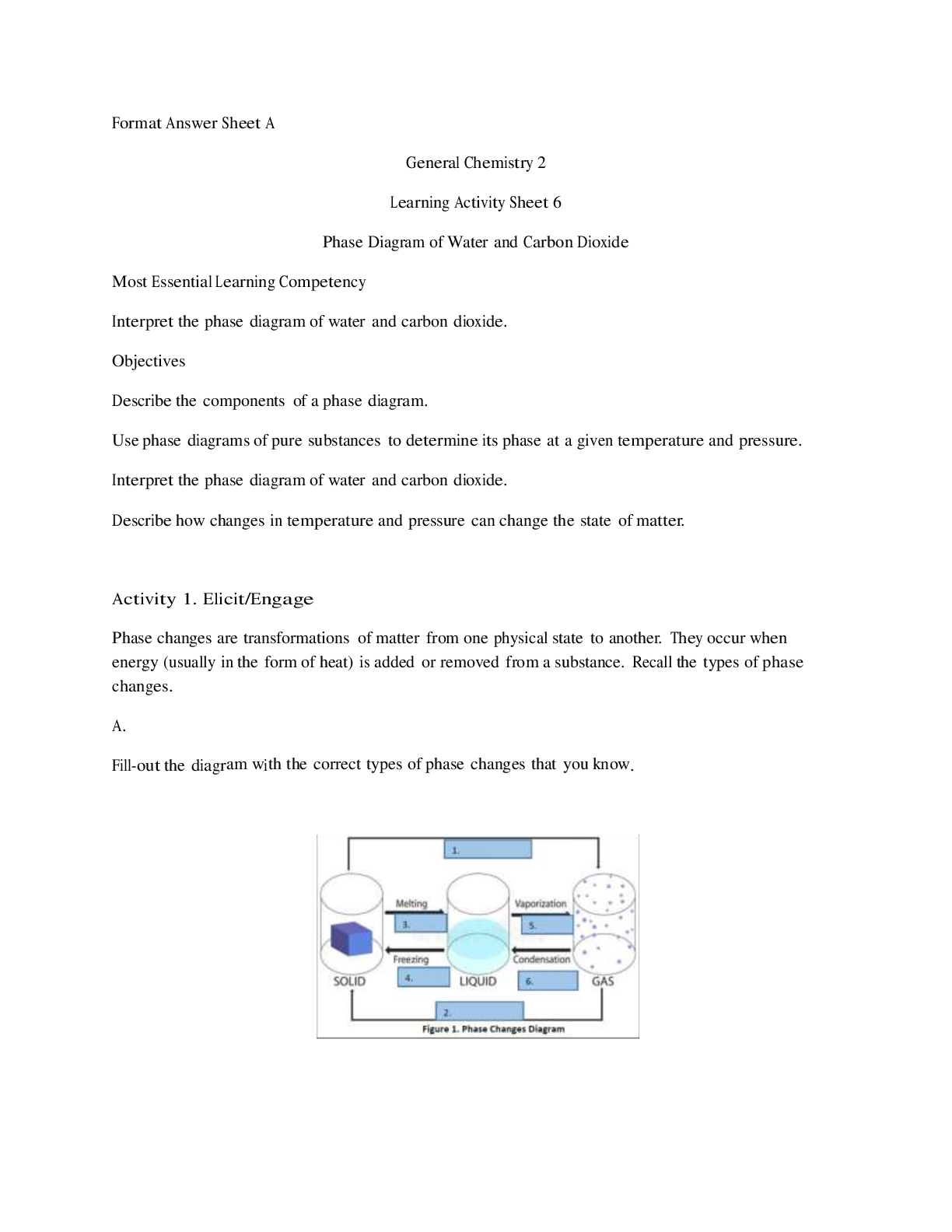

.png)


